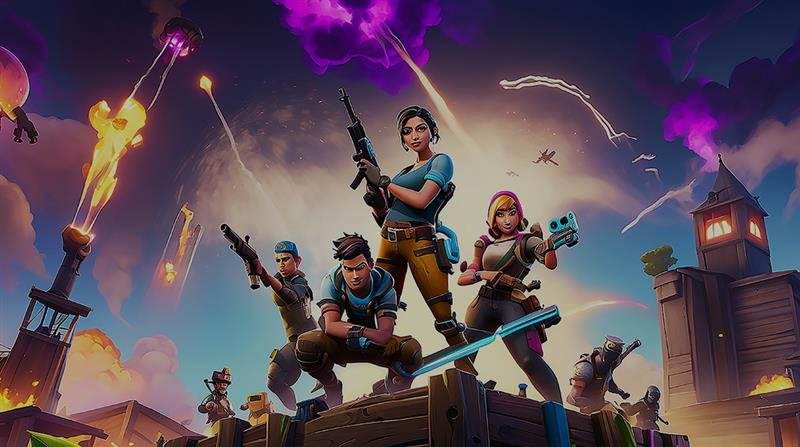The VR gaming industry is booming, with captivating experiences and immersive worlds pushing the boundaries of entertainment. But for VR game development companies, navigating this exciting yet competitive landscape requires a strategic approach. Here, we'll delve into key strategies that can unlock success and propel your VR game to the top of the headset.
Embrace Innovation: What Makes Your VR Game Stand Out?
In a crowded market, standing out is crucial. Don't just replicate existing concepts. Identify a unique niche or gameplay mechanic that leverages the power of VR. Is it a narrative-driven experience that takes players on an emotional rollercoaster? Or perhaps a groundbreaking multiplayer game that redefines social interaction in VR?
Remember, VR offers unparalleled immersion. Can you create a game that truly utilizes this to its potential? Maybe it's a fear-inducing horror experience that puts players right in the heart of a nightmare. Or perhaps a breathtaking climbing simulator that lets players scale dizzying heights with unparalleled realism. VR game development with Unreal Engine offers a powerful suite of tools specifically designed for creating VR games, allowing creators to craft immersive worlds and intuitive interactions.
Prioritize Comfort: Don't Make Players Want to Quit
VR sickness is a real hurdle for some players. Ensure your VR game development prioritizes comfort. Smooth locomotion mechanics, clear visual cues, and adjustable settings for field of view and movement sensitivity are all crucial. Pay attention to industry best practices and conduct rigorous playtesting to identify and eliminate any elements that might induce nausea.
Content is King (and Queen) in VR Game Development
While VR technology is impressive, compelling content is what keeps players coming back for more. Focus on crafting engaging narratives, well-designed levels, and a robust gameplay loop that offers a satisfying challenge and a sense of progression. VR allows for a whole new level of interactivity, so utilize this to create unique puzzles, challenges, and player agency within the game world.
Target the Right Audience: Who Are You Building This VR Game For?
Understanding your target audience is essential for VR game development success. Are you crafting a heart-pounding adventure for seasoned VR enthusiasts? Or a more family-friendly experience designed for broader appeal? Knowing your audience will inform your design choices, marketing strategy, and even the VR platform you target (e.g., high-end PC VR vs. mobile VR).
Embrace the Power of Community: Building Buzz Around Your VR Game
In today's digital landscape, building a strong community around your VR game is vital. Utilize social media platforms like Discord and Reddit to connect with players, share development updates, and generate excitement. Consider early access programs or limited beta testing opportunities to get valuable player feedback and build anticipation for the final release.
Partner Up: Collaboration is Key in VR Game Development
Virtual reality game development is a complex endeavor. Consider strategic partnerships with other studios or established VR companies. This can provide access to valuable expertise, resources, and distribution channels. Look for partners with complementary skill sets or established connections within the VR industry.
Keep an Eye on the Future: Stay Ahead of the Curve in VR Technology
The VR landscape is constantly evolving. Keep yourself updated on the latest technological advancements and emerging trends. Is there new VR hardware on the horizon with unique capabilities? Are there innovative game mechanics or storytelling techniques that could enhance your VR game? By staying ahead of the curve, you can ensure your VR game development remains fresh and innovative.
Measure Your Success: Data is Your Friend in VR Game Development
Once your VR game is launched, don't just sit back and hope for the best. Utilize analytics tools and player feedback to measure your success and identify areas for improvement. Are there specific levels that players find frustrating? Is there a particular gameplay mechanic that isn't resonating? By analyzing data and feedback, you can make informed decisions about future updates and content additions to keep players engaged.
VR game development presents a thrilling opportunity to create groundbreaking gaming experiences. By focusing on innovation, prioritizing player comfort, and implementing these strategic elements, your VR game development company can unlock success and leave its mark on the ever-evolving world of virtual reality.











